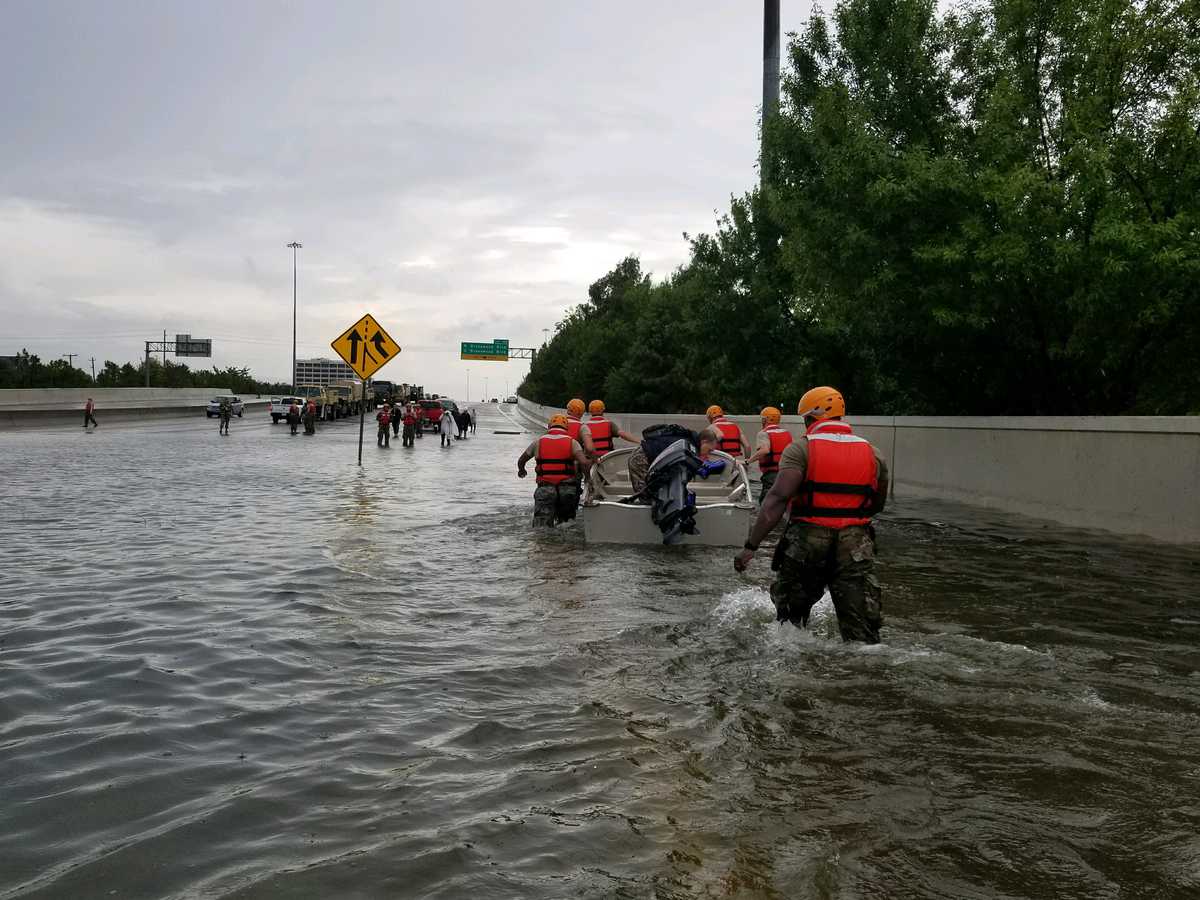By now, you’ve probably heard of the federal report on climate change released on Black Friday confirming what we know to be true: climate change is already devastating and Texas is Ground Zero for a lot of this damage. The Lone Star State has been and will continue to be, increasingly so, severely impacted by increasing temperatures, if we don’t take urgent action to curb greenhouse gas emissions.
When we heard that the report would be released on the day after a holiday, we were relieved to see that The Texas Observer made a commitment to wait until the following Monday to digest its contents (check out their coverage here) because this is an important document and quality triumphs speed.
There’s not much grey area in the report. Not a lot of room for speculation:
“The built environment is vulnerable to increasing temperature, extreme precipitation, and continued sea level rise, particularly as infrastructure ages and populations shift to urban centers. Along the Texas Gulf Coast, relative sea level rise of twice the global average will put coastal infrastructure at risk.”
It matter-of-factly lays out the reality of our state’s vulnerabilities, and how the Texas economy, our most vulnerable residents, and even the oil and gas industry, will suffer. There’s something terribly ironic about the possibility of the sea swallowing up our refinery-leaden coast, about the very industries responsible for our global climate crisis being the ones asking for protection from the consequences of the devastation.
The report tells us in 1,656 pages - three years of work by more than 300 government officials, academics, and private sector researchers - what we’ve already felt in a very visceral, painful way.
From the report, on Hurricane Harvey:
“Preliminary damage estimates place Harvey as one of the two most costly U.S. natural disasters in inflation-adjusted dollars, rivaling Hurricane Katrina. Flooding from Harvey resulted in the overflow of sewage systems and breaches at numerous waste treatment facilities, resulting in untreated infectious human waste entering surface waters and resulting in a spike in skin and gastrointestinal infections.”
Photo: Texas Army National Guard assisting in flood rescues associated with Hurricane Harvey, August 27, 2017. Photo credit: Lt. Zachary West, Texas National Guard
What’s especially painful is the knowledge that, over the last two and a half years, our current federal administration has been doing everything it can to strip us off the protections put into place to mitigate the worst of the worst. From Trump’s decision to pull out of the Paris Agreement, to attempts to do away with the Clean Power Plan, and undo good rules that capture methane from the oil and gas sector, to the “Drill, Baby, Drill” actions taken by the Bureau of Land Management and the Bureau of Ocean Management to open up as much public land and water as possible to drilling, this administration is purposely moving toward more fossil fuel use and global warming emissions.
But more than anything, this report, along with others like the October IPCC report from the world’s leading climate scientists that calls for urgent action to phase out fossil fuels, inspires our critical work in Texas. The status quo isn’t an option.
Our coastal communities are still recovering from historic flooding, our rural communities are suffering from the effects of fracking, our residents in our biggest metro areas are breathing the dirtiest air (made worse by increasing temperatures), and all Texas communities fight over water resources when droughts hit hard. We’re warned time and time again that we need to pave a different path forward but fossil fuel projects are still proposed left and right, so what else can we do but work on changing the status quo?
Progress is being made with continued investments in large-scale wind and solar power plants, and Texas has made some moves towards adopting more efficient building codes at the state level, but stronger efforts are needed at both the local and state level. This coming legislative session, Sierra Club will be working with our allies and legislators to:
-
Raise our energy efficiency standards and programs funded by taxpayers;
-
Require our state agencies to do strategic planning with climate change in mind;
-
Require our oil and gas operators to increase their controls on methane releases; and
-
Provide more power to local government to require more resilient energy-efficiency buildings.
Stay tuned for ways that you can get involved!